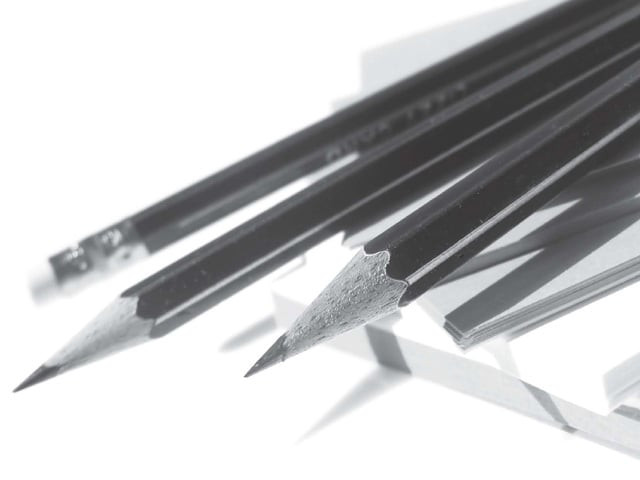Free, compulsory education: Provinces urged to make necessary legislation
Under Article 25-A of the constitution, education is a fundamental right.

Speakers on Wednesday urged the provincial governments to pass necessary legislation for the strict implementation of Article 25-A of the Constitution. The article makes the right to education a fundamental right and makes it mandatory for the state to provide free and compulsory education to all children between 5 and 16 years of age.
In a discussion on “Public Forum on Enforcement of the Right to Free Education and Article 25-A of the Constitution” at PILDAT, the experts urged the provincial governments to increase their education budgets and the federal government to allocate special grants to underdeveloped provinces and areas to facilitate implementation of the article. The forum unanimously adopted an “Islamabad Resolution on Enforcement of Article 25-A”.
Experts believed that a separate and independent system for monitoring of enforcement of the article should be evolved by the provincial governments.
Sardar Aseff Ahmed Ali said that Chairperson Parliamentary Committee on Constitutional Reforms Senator Raza Rabbani had assured him, during discussions on the 18th Constitutional Amendment, that only the subjects in the concurrent list will be devolved.
He believed that there must be a federal entity overseeing and regulating matters like education, health and environment, for uniform standards across the country. He said that the parliament did a “shady and unwise” thing in passing the 18th Constitutional Amendment, as it devolved subjects of national importance to provinces without deciding any federal role, thus creating a vacuum.
Pir Mazharul Haq, a senior Sindh minister, who also holds the portfolio of provincial education, came hard on Sardar Assef’s point of view. He said that education has always been a provincial subject.
“Provinces are very much capable of handling the subjects that are devolved to them,” he maintained. He questioned what the centre did for the last sixty years. It could not even increase education budget by more than 2 per cent each year, he added.
He said that Sindh Government would review the curriculum of class 1-6 this year and from class 7 onwards next year. He urged everyone to move forward and help devolve more powers to provinces instead of criticising their capabilities.
Senator SM Zafar believed that the responsibility of provision of free education to the people is rightly given to the provinces as they are given more resources in the National Finance Commission Award.
Ch Javaid Ahmed, presenting Punjab’s view, said that the Punjab Provincial Government is making all efforts for the implementation of the article. He added that there should be one curriculum in public and private sectors of education across the country.
Shehnaz Wazir Ali said provinces have the capacity to fulfil the requirements of devolution. She said across the country, every community wants education and it is now up to their governments to provide them what they wanted.
Dr Allah Buksh Malik, head of Punjab Chief Minister Taskforce on Education, said that Article 25-A will be implemented by the Punjab government in letter and spirit.
UNESCO country representative Dr Kozue Kay Nagata said the insertion of Article 25-A may accelerate the pace of achievement of national and international targets for free and compulsory education but further legislation is needed for the implementation of this article.
The provinces must initiate required legislation urgently, Nagata said.
She said that at the moment there is a vacuum of coordination after abolition of the federal education ministry and the federal government should have a coordination mechanism in the shape of an independent directorate or commission.
Published in The Express Tribune, June 9th, 2011.



1724319076-0/Untitled-design-(5)1724319076-0-208x130.webp)















COMMENTS
Comments are moderated and generally will be posted if they are on-topic and not abusive.
For more information, please see our Comments FAQ